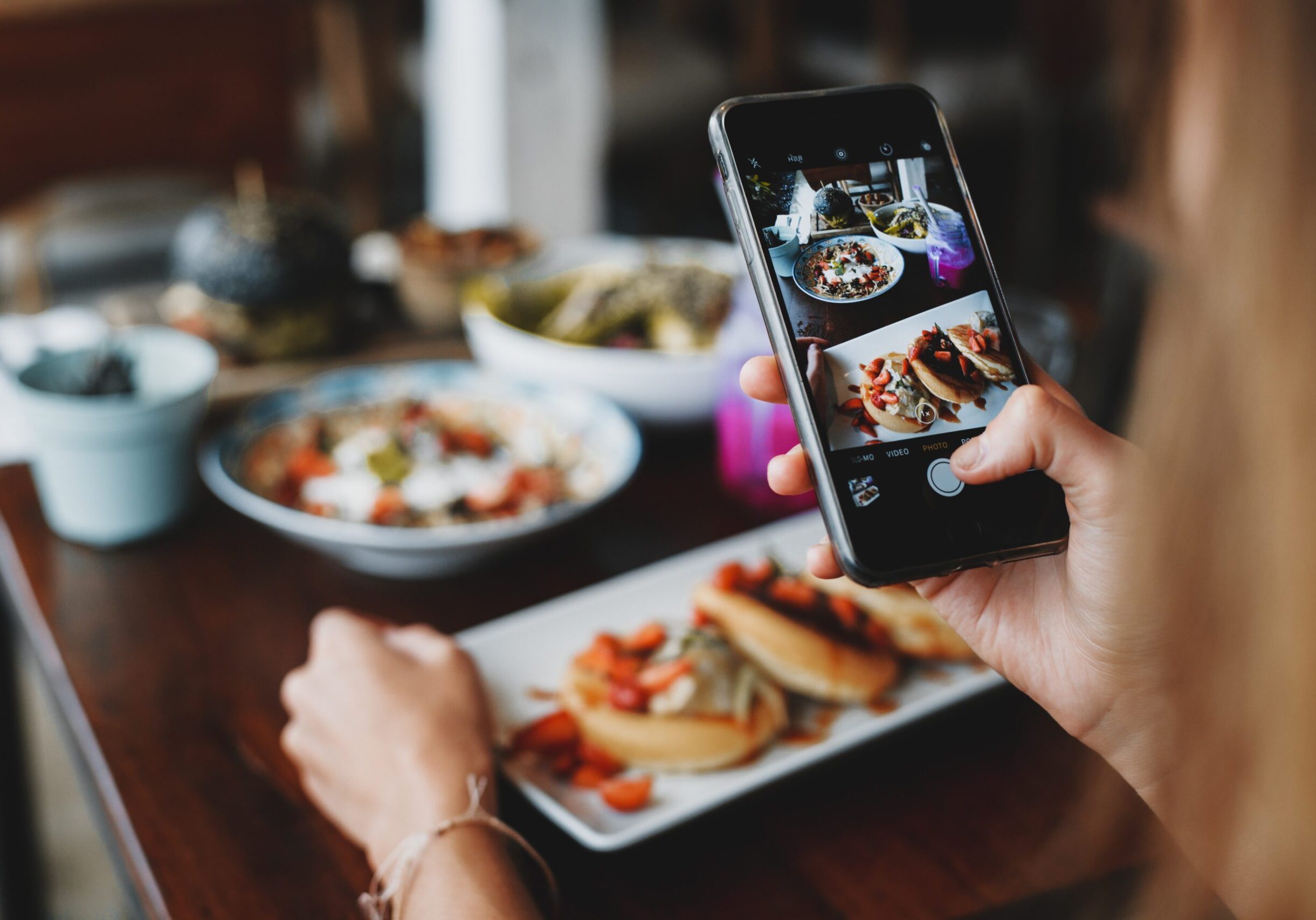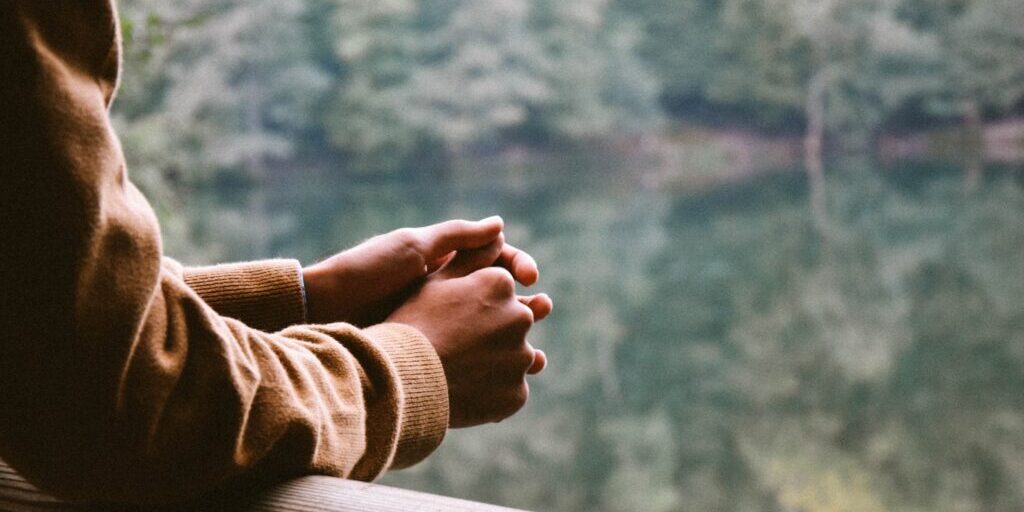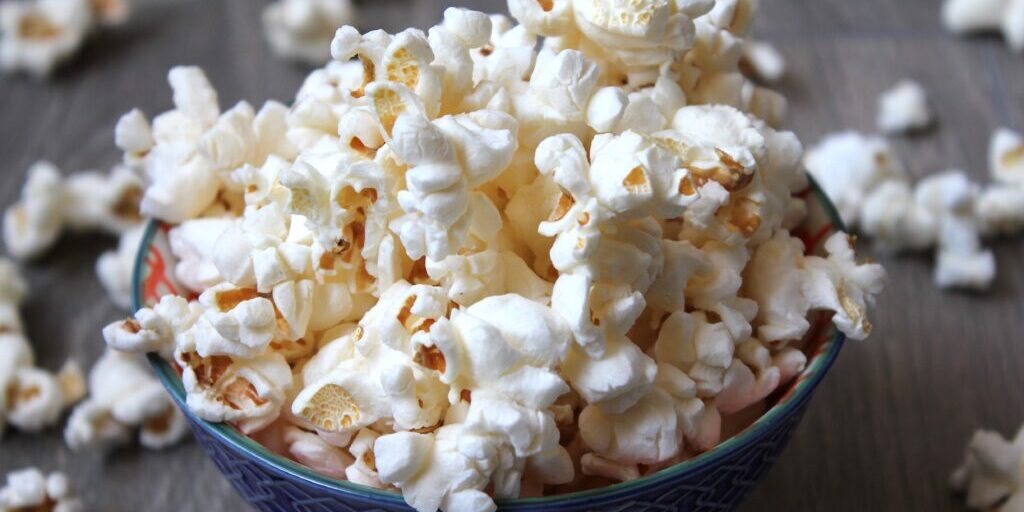A closer look at the mukbang phenomenon

Mukbang, which translates to ‘eating show’, refers to an online trend in which hosts share video recordings of themselves eating large quantities of food. Videos of this genre originated in South Korea as early as 2010 before being introduced to mainstream American YouTube channels in around 2015. Mukbang has since seen a rapid increase in popularity and was even named one of the 2020 words of the year—alongside terms such as coronavirus and lockdown. At this point, many prominent mukbang hosts are able to make a living by posting or streaming these videos for their millions of followers.
The widespread popularity of mukbang raises the question of why these videos attract such large audiences. One initial thought was because of the increasing number of people who live and eat alone in South Korea, where eating has traditionally been a social activity. In the past year, social distancing guidelines have also led to mealtimes being a solitary experience for more people worldwide. Mukbang videos provide a welcome opportunity for some to enjoy a social eating experience, albeit a virtual one. Hosts often add to this perception by chatting to the camera while eating or answering questions posted by viewers. The social aspect of mukbang is unlikely to be the full story though, because the majority of hosts don’t tend to film themselves eating regular meals. More often than not, the portions eaten are enormous and kinds of food chosen tend to be calorie dense. Examples of typical mukbang dishes include huge servings of fried chicken, oversized trays of ramen noodles, and family sized orders of fast food.
Concerns are mounting about the adverse impact of these videos. Parallels have been drawn between mukbang content and binge-eating episodes commonly seen in people with bulimia nervosa and binge-eating disorder. People who binge generally do so in private though due to shame or embarrassment, whereas mukbang is explicitly public. Mukbang videos have been argued to glorify and normalise what is a hugely distressing behaviour for people with eating disorders, who may be especially triggered by this content. Although some mukbang viewers have commented that these videos have helped them to overcome restriction or binge-eating behaviours, others highlight more worrying outcomes. For example, some viewers report having watched mukbang content for dieting inspiration and others report that they can lead to relapses of binge eating. These videos also attract a large number of comments about mukbang hosts’ body size and speculated weight control methods, which may be additional triggers for individuals with eating disorders.
Appreciating and even celebrating food can be a wonderful shared social experience, but the obsessive and often extreme approach to eating in mukbang videos is concerning. At the very least, mukbang hosts should include disclaimers about mental and physical health impact of regularly eating in this manner as well as trigger warnings for vulnerable viewers. An even better alternative would be for more mukbang hosts to model more realistic and healthy portion sizes.
If you have ever experienced regular binge-eating episodes, we encourage you to visit edgi.nz to learn more about our genetic study of eating disorders. Eating disorders don’t discriminate and can strike individuals from all racial and ethnic backgrounds. We hope to enrol participants from all backgrounds so that we can fully understand both genetic and environmental factors that influence eating disorders in individuals from all ancestries and cultures.
News
Participant Stories
Sorry, we couldn't find any posts. Please try a different search.





